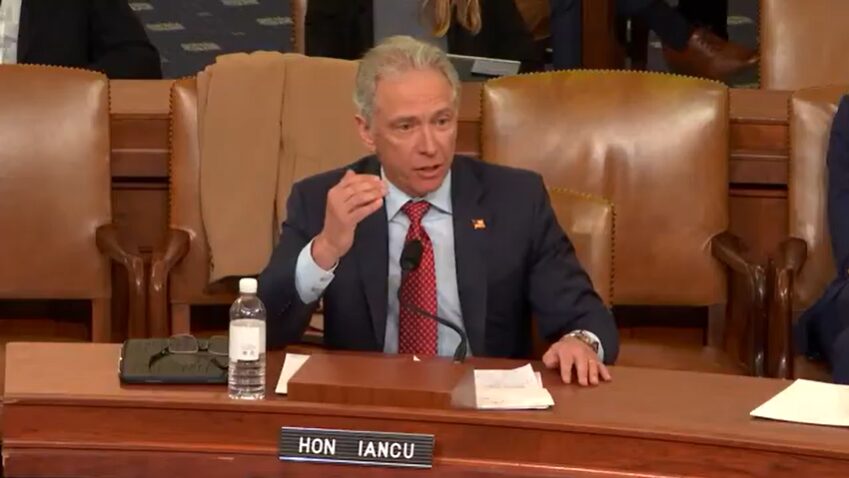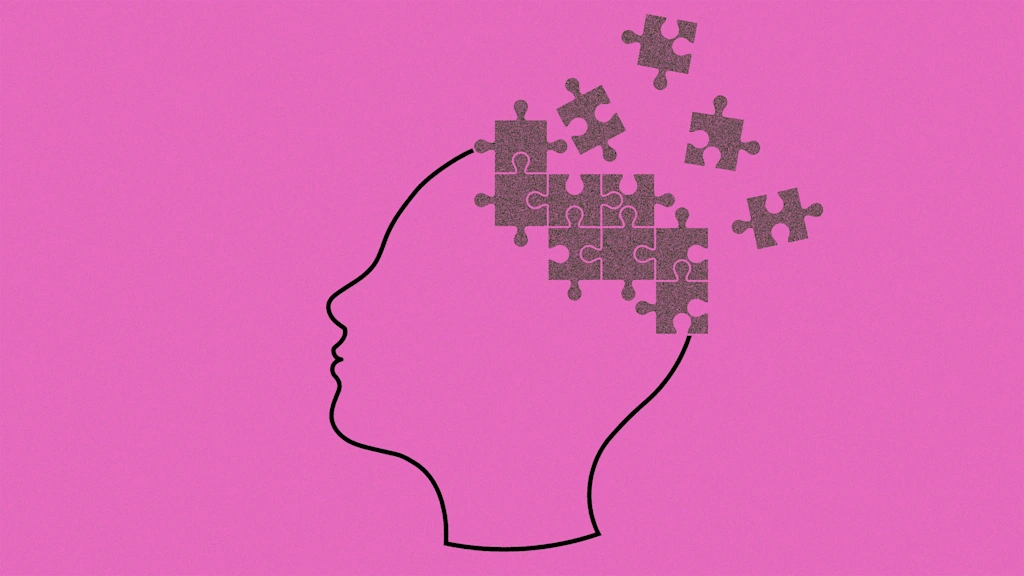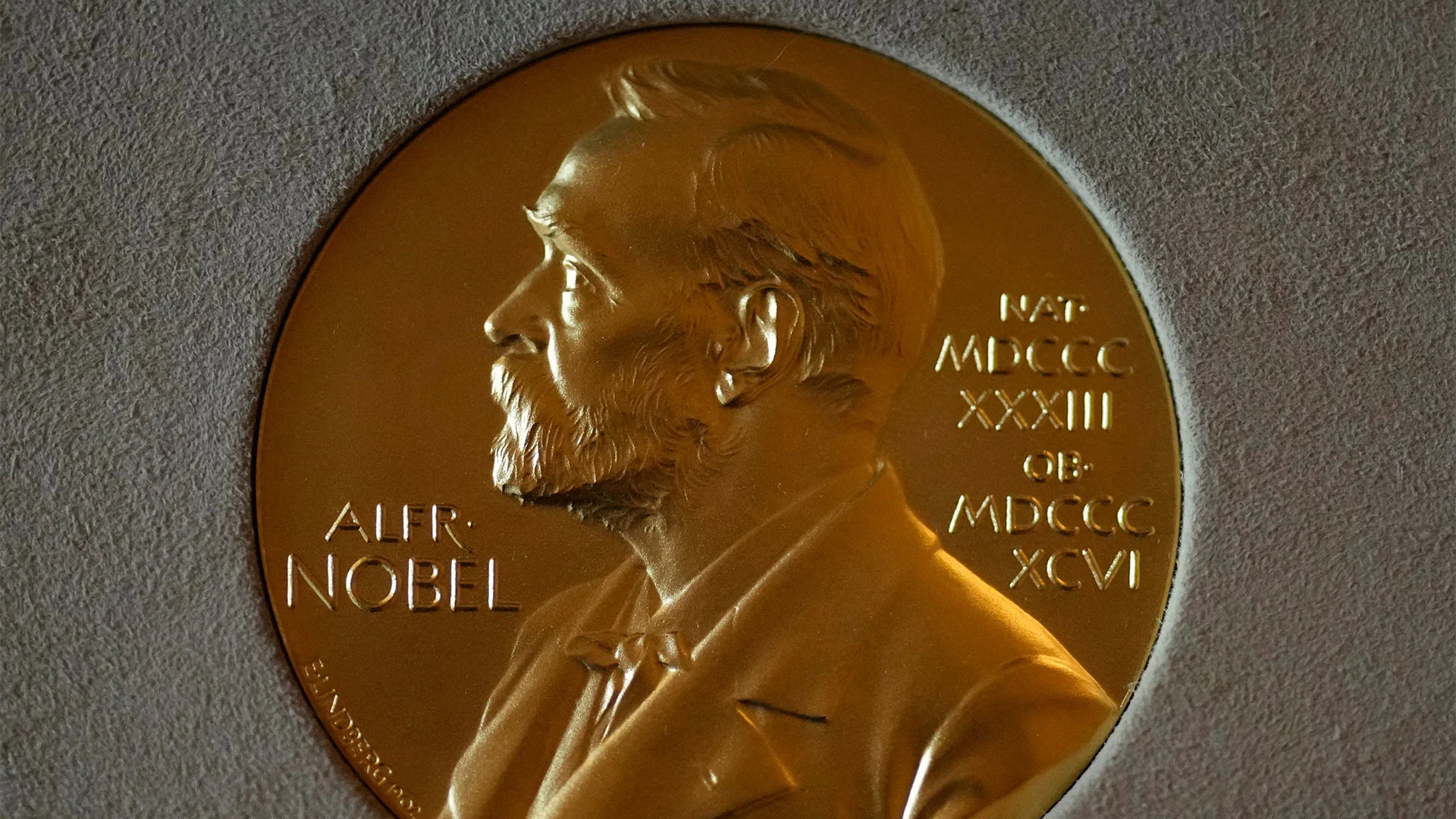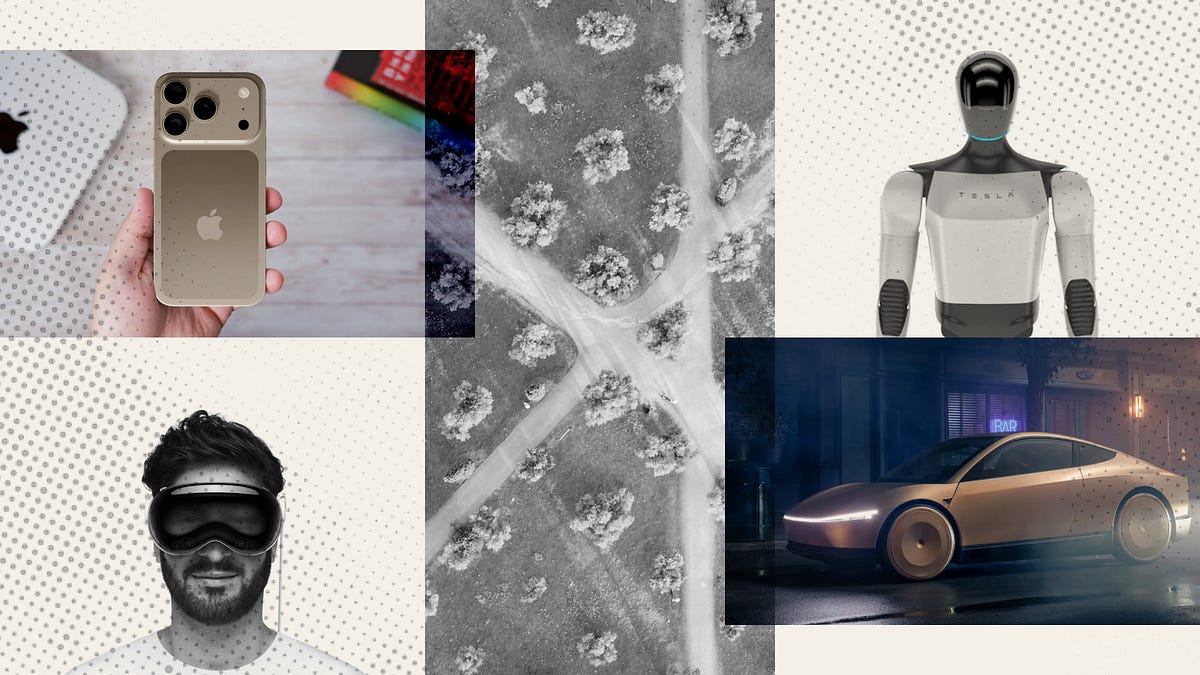#innovation
#innovation
[ follow ]
#leadership #economic-growth #ai #creativity #productivity #artificial-intelligence #product-strategy
UK news
fromBusiness Matters
1 week agoUniversity of Salford innovation centre secures 2.5m and supports 330 local businesses
University of Salford's Centre for Sustainable Innovation has supported over 330 Greater Manchester SMEs, securing £2.5m+ funding and driving product, process, leadership, and sustainable growth.
fromFast Company
1 week agoGood leaders don't shut down when employees push back-they do this instead
Twenty years ago, as the top digital and innovation executive for Citi's credit card business, I led the team that spent months building what looked like a brilliant partnership. We'd found a startup with a disruptive payments platform-one that became the forerunner of what has become a new payment type used by millions of consumers today. The deal: strategic investment in exchange for access to the startup's codebase as a sandbox for innovation pilots. No more waiting in the legacy systems queue. Just rapid prototyping with leading-edge developers.
Venture
Business
fromeLearning Industry
3 weeks agoCorporate Strategies For Institutionalizing A Culture Of Lifelong Learning
A genuine, institutionalized learning culture transforms L&D into a strategic driver that increases innovation, productivity, retention, and prepares organizations for future market demands.
US politics
fromFortune
4 weeks ago'We took our business community for granted,' San Francisco's new mayor admits to city's failings, but vows not to move fast and break things | Fortune
San Francisco's government shifted from opposing to partnering with businesses, prioritizing safety and regulated innovation to retain residents and revive the local economy.
fromInverse
1 month agoThese 65 Kooky Things Are Selling Out On Amazon Because They're Pure Genius
History's geniuses tend to be a little quirky, and for a good reason: You can't create something innovative if you're constantly thinking inside the box. The same goes for products. Oftentimes, it's the weird stuff that ends up solving problems you didn't know could be fixed. These kooky things are selling out on Amazon because they're pure genius - and once you've tried them yourself, you'll wonder how you ever lived without them.
Gadgets
Apple
fromYanko Design - Modern Industrial Design News
1 month agoThe Upcoming iPhone Fold feels like a response to Peer Pressure, not Innovation - Yanko Design
iPhone Fold faces limited adoption because foldables remain a niche lacking compelling, measurable advantages and ecosystem support to drive mainstream sales.
fromFast Company
1 month agoHow to build safe danger and make teams come alive
Most people tend to think safety and danger are opposites. But it's more useful to think of them as dance partners. Safety gives us solid footing; danger gives us movement. The emotional sweet spot between the two-where you feel safe but challenged enough to discover something new-is something I call Safe Danger. I base entire team-building and community-building workshops around moments of safe danger.
Business
London startup
fromLondon Business News | Londonlovesbusiness.com
1 month agoStaying competitive in London's tough business landscape - London Business News | Londonlovesbusiness.com
London businesses must proactively differentiate, control costs, and innovate to remain competitive amid high overheads and intense market rivalry.
fromHarvard Business Review
1 month agoResearch: When Used Correctly, LLMs Can Unlock More Creative Ideas
The rise of generative AI is reshaping not just how we work, but how we think. In our experience, many leaders focus on productivity in generative AI deployment. Generative AI will indeed make many tasks easier and quicker to perform, increasing efficiency and decreasing costs. But we think that one of the biggest promises of this technology lies elsewhere: in unlocking new forms of human creativity that can drive innovation and growth.
Artificial intelligence
Design
fromFortune
2 months agoDesigner Kevin Bethune: Bringing 'disparate disciplines around the table' is how leaders can 'problem solve the future' | Fortune
Nonlinear, multidisciplinary design and diverse collaboration are essential to navigate pervasive 2025 uncertainty across macroeconomic, geopolitical, policy, and technological domains.
fromInverse
2 months agoThe 25 Best Games Of 2025, Ranked
Every year when we look back at all the games that dropped, trends reveal themselves. For 2025, you might boil it down to a year of innovation. Yes, there were many big, anticipated games that overdelivered. But, from Donkey Kong Bonanza to Death Stranding 2, no two looked alike. The further you go, the more creativity you see. From a co-op storytelling game like no other in Split Fiction to the mysterious and completely unique puzzlers in Blue Prince .
Video games
Digital life
fromIndependent
2 months agoTanya Sweeney: In a bougie London members club I found a family-friendly alternative to the hellish soft-play centre
Jesse's House is a stylish, family-focused members' club in Parson's Green offering welcoming spaces for entire families and showcasing London's practical, design-forward innovation.
Design
fromYanko Design - Modern Industrial Design News
2 months agoAfter 40 Years, BRP's Chief Design Officer Says Empathy Beats Perfection Every Time - Yanko Design
BRP balances relentless design excellence with strategic compromise, prioritizing innovative architectures, high functionality, and emotional "wow" to deliver award-winning powersports products.
fromBusiness Insider
2 months agoThe new resilience: automating to innovate
For Jan Gilg, SAP's co-chief revenue officer and head of the Americas market and the global Business Suite, thriving within today's economic climate and technology imperatives isn't about avoiding disruption. It's about using the agility those challenges cultivate to drive innovation. That can start with understanding what's proprietary about your business versus what's a process most businesses rely on. Gilg refers to this as "standardizing where you don't differentiate." In other words, automating standard processes that don't create value.
Artificial intelligence
Science
fromPsychology Today
2 months agoIt's Misleading to say Culture Is 'Not Strictly Darwinian'
Cultural evolution cannot be accurately modeled by biological natural selection because cultural change involves within-generation innovation, horizontal/network transmission, and inheritance of acquired traits.
fromwww.dw.com
2 months agoIndia charts its own course on AI regulation DW 11/11/2025
The guidelines advocate using existing legal frameworks like the Information Technology Act and the Digital Personal Data Protection Act to handle emerging risks such as deepfakes and unauthorized data use. "India's AI governance adopts a balanced, agile and flexible approach that promotes innovation and safety," Amal Mohanty, AI policy expert and one of the lead authors of the guidelines, told DW. He said India's approach is different to the rules charted by the EU, China and the US. "Unlike the EU's detailed AI Act that imposes strict, rule-based obligations based on risk classification, ours favors self-regulation and voluntary measures," he said. "This allows developers more freedom to innovate while managing AI risks responsibly."
Artificial intelligence
Gadgets
fromYanko Design - Modern Industrial Design News
2 months agoFotile's X20 Max Is the Space-Saving Dishwasher That Finally Fixes the Bending Problem - Yanko Design
Fotile's X20 Max 3-in-1 in-sink dishwasher showcases three-decade innovation, combining advanced technology, ergonomic design, and extensive patents to redefine compact kitchens.
Higher education
fromInside Higher Ed | Higher Education News, Events and Jobs
3 months agoFeatured Gig: Innovation Project Experience Designer at Grand Valley
The innovation project experience designer will incubate and manage immersive, emerging-technology projects to advance teaching, learning, and digital transformation across Grand Valley State University.
fromHarvard Business Review
3 months agoWhat Makes a Great Negotiator, According to Research
Negotiation is one of the most consequential yet misunderstood leadership skills. It shapes deals, partnerships, and careers, yet even seasoned professionals still debate what truly defines a good negotiator. Remigiusz Smolinski is a professor at HHL Leipzig Graduate School of Management. He is the founder of The Negotiation Challenge and cofounder of Discurso.AI. His research explores negotiation, leadership, and innovation.
Business
fromBoston.com
3 months agoGlobe Summit 2025 to gather trailblazers, change-makers to discuss 'Revolutionary Ideas'
In November, The Boston Globe's fifth annual Globe Summit will bring together researchers, entrepreneurs, executives, politicians, and change-makers from New England and beyond in conversations led by Globe journalists focused on this year's theme, "Revolutionary Ideas." The Globe Summit takes place Tuesday, Nov. 18, and Wednesday, Nov. 19, at the House of Blues in Boston, with the first day's programming focused on health care and leadership, followed on day 2 by discussions on innovation, community, and commerce.
Boston
Business
fromenglish.elpais.com
3 months agoOver 500 business leaders to discuss Latin America's role in innovation and economic development in Miami
Business and economic leaders from Latin America will gather in Miami to address regional challenges, opportunities, and the impact of geopolitical shifts and innovation.
fromNature
3 months agoInside our university's mission to pivot to research
The global challenges of today, from climate-fuelled floods, droughts and heatwaves to food insecurity and health disparities, are felt intensely in Africa. To tackle those, universities on the continent must strengthen their research and innovation capacity. On average, African countries spend around 0.5% of their gross domestic product on research and development. That's less than one-quarter of the global average of 2.7%.
Higher education
fromwww.thelocal.de
3 months agoImmigrants and women behind growing number of patents in Germany
Patent applications are a key indicator of a country's innovative capacity. A high volume of filings indicates effective research and development (R&D) activity, economic competitiveness, and a forward-looking approach to growth and productivity. Patent application filings don't actually record nationality or immigration background. But using a unique methodology, which assigns inventors' first names to one of 24 language areas, the IW patent database claims to be able to track "the region of origin" of inventors with a high degree of accuracy.
Miscellaneous
Science
fromInside Higher Ed | Higher Education News, Events and Jobs
3 months ago2 U.S. Academics Among Winners of Nobel Prize in Economics
Joel Mokyr, Peter Howitt, and Philippe Aghion won the Nobel Prize in Economics for explaining innovation-driven growth and creative destruction driving sustained technological progress.
fromNature
3 months agoEconomics Nobel prize won by researchers who showed how science boosts growth
The 2025 Sveriges Riksbank Prize for Economic Sciences in Memory of Alfred Nobel has been awarded to three researchers who have shown how technological and scientific innovation, coupled to market competition, drive economic growth. One half of the prize goes to economic-historian Joel Mokyr of Northwestern University in Evanston, Illinois, and the other half is split between the economic theorists Philippe Aghion of the Collège de France and the London School of Economics and Peter Howitt of Brown University in Providence, Rhode Island. "I can't find the words to express what I feel," Aghion said. He says he will use the money for research in his laboratory at the Collège de France.
Science
fromFast Company
3 months agoWhy the world's top talent should bet on Stockholm
If you're building the future in frontier technologies like AI, you could base yourself anywhere. So the real question is where. The answer today points north-to Stockholm. The European Commission recently declared Stockholm as Europe's most innovative region. Ahead of Copenhagen, London, and Zurich, the Swedish capital took the top spot. Not just overall, but on a range of individual indicators, from lifelong learning and share of tech specialists employed to cross-border scientific publications, collaboration between SMEs, patent filings, and trademarks.
Miscellaneous
fromIPWatchdog.com | Patents & Intellectual Property Law
3 months agoPatent Policy in the Trump Administration: What's Next for the USPTO? | IPWatchdog Unleashed
We address critical topics such as the recent shake-ups at the USPTO, the controversial "patent tax" proposal, how despite the fact that the USPTO is user-fee funded it is being swept up in broader Trump Administration efforts to downsize the federal government, what the word "innovation" really means, how businesses use intellectual property assets, the importance of predictable IP assets, the challenges of effective patent valuation, international collaboration and education to support small and medium size enterprises (SMEs), and much more.
Intellectual property law
Agriculture
fromwww.cbc.ca
4 months agoWith more robots on farms, new contest to harvest ideas from Ontario high school students | CBC News
High school students will design agricultural robots to improve farm safety, speed, and competitiveness, receive kits and funding, and display prototypes at a London farm show.
fromPsychology Today
4 months agoThe Power of the Almost
The runner who lost by a fraction of a second. The inventor who had the right idea at the wrong time. The poet whose words only mattered long after they were gone. These people rarely make the highlight reel, yet their efforts often bend the world in directions we don't notice until much later. The truth is, the almosts aren't failures. They're the ones testing the edges, reaching further than most dare.
Philosophy
Social justice
fromFast Company
4 months agoCharting progress on inclusivity despite corporate America's retreat from DEI policies
Public rollbacks of DEI are visible, but committed leaders sustain inclusive practices that preserve innovation, creativity, and competitive advantage within organizations.
fromEntrepreneur
4 months agoWhy Meeting Consumer Expectations Won't Cut It - and What Businesses Should Do Instead | Entrepreneur
Consumer behavior has undoubtedly shifted. Research shows that 70% of consumers are willing to pay a premium for ethically sourced products, and 66% expect brands to understand their needs and preferences. Nearly half of all consumers now buy products after seeing them endorsed by people they trust. These statistics clearly show that people want businesses to do better. But here's what the data doesn't capture: consumer expectations alone cannot drive the fundamental changes our world needs.
Artificial intelligence
fromeLearning Industry
4 months agoFor A Real Culture Of Knowledge In Business
Businesses are rightly obsessed with productivity. This is the primary parameter of their profitability. And productivity, basically, is the product of three human-related factors: Individual abilities Motivation Knowledge Organizational and methodological factors could be mentioned, but they actually come down to knowledge. The methodology is only a factor of productivity insofar as it is known and controlled. To be complete, we should add a nonhuman factor: the work tool, whether robots or software.
Business
fromFast Company
4 months agoInnovation as an operating model
Creativity has never been in higher demand, yet agency margins are collapsing. An industry built on the promise of differentiation risks drifting into a sea of sameness, squeezed by automation, technology, and efficiencies. The paradox is clear: As creative agencies are becoming commodities, they are falling victim to the very market forces clients pay them to escape. From my vantage point, the only way out is innovation.
Marketing
[ Load more ]











